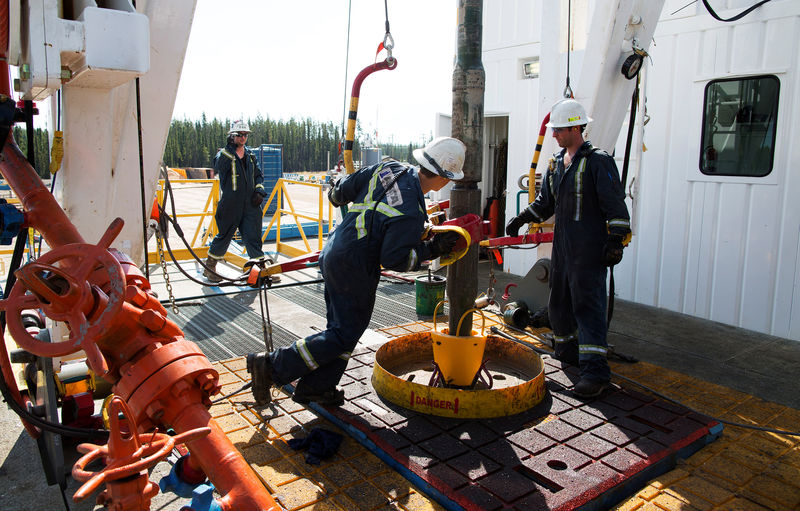Investing.com — OPEC and its allies, or OPEC+, face an unfavorable backdrop to plans to boost production as a potential crude oil glut in 2025, and cooling demand is likely to miss any boost from potential supply disruptions continue to weaken, BofA strategists say. in a Monday note.
“OPEC+ has been looking for opportunities to increase production since it started ceding market share in late 2022. The group unveiled an ambitious plan in June to do just that, but a slowdown in demand growth, from 1.9 million barrels per day in 2023 to just 900,000 barrels per day. /d in 1Q24 and
Rising production from non-Opec companies has created a surge of new barrels into the market – a trend the strategist expects will continue as higher oil prices encourage more oil drilling.
“It is no surprise that higher oil prices should translate into strong non-OPEC supply growth of 1.4 million barrels per day annually in 2025 and a further 900 thousand barrels per day in 2026,” BofA said .
By 2025, Brazil, Guyana, Canada and Norway should add 300,000 b/d, 120,000 b/d, 90,000 b/d and 90,000 b/d of supply annually. Meanwhile, we expect US supply to rise by more than 600,000 b/d next year as L-48 supply growth slows and Gulf of Mexico production rises again
Non-OPEC oil production is expected to rise 1.4 million barrels per day (b/d) year-on-year in 2025, with a further 900,000 b/d in 2026, the strategists said.
The global oil balance is expected to shift to a surplus of 730,000 barrels per day by 2025, leaving “OPEC+ with limited ability to effectively manage market balances,” they said.
“The group therefore faces a difficult challenge, which is likely to require continued determination and possibly additional curbs if balance sheets deteriorate further,” she added.
Meanwhile, geopolitical tensions between Iran and Israel have provided a temporary boost to oil prices, as there have been no supply disruptions to date.
This backdrop, combined with weak refining margins indicating weak oil demand, has left oil prices hovering around $74 per barrel, a level BofA considers reasonable given current uncertainties.


